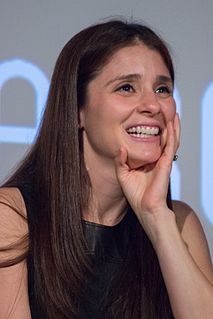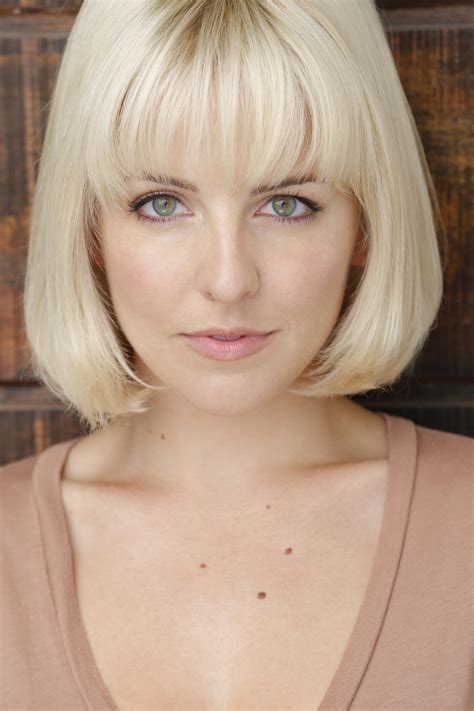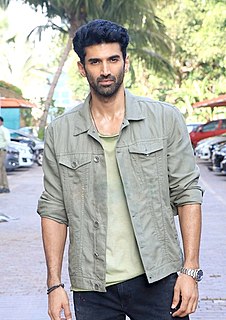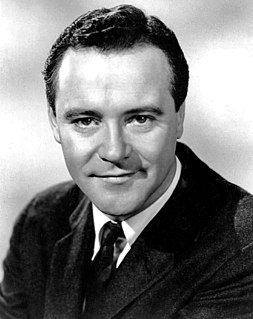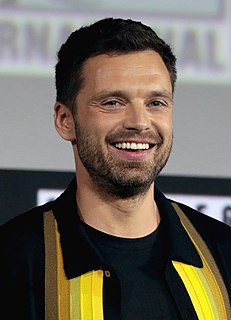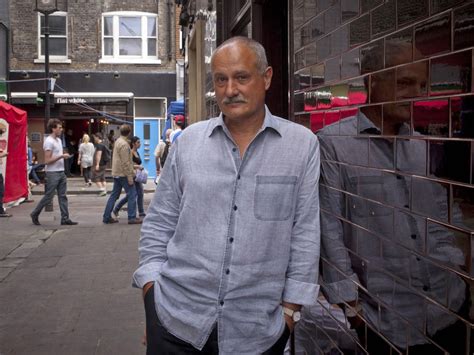Цитата Сильвестра Маккоя
Театр – это основная работа актера. Работа актера состоит в том, чтобы рассказать историю кому-то в комнате. Телевидение и кино могут быть отличными, и мне очень нравится это делать, но это другой способ рассказать историю.
Связанные цитаты
Быть актером на телевидении или в кино – совсем другое. Актер кино или телевидения, если его поместить в театр, не будет знать определенных измерений, в то время как театральный актер не будет знать определенных вещей, когда он предстанет перед камерой. Так что я думаю, что киноактер может научиться эмоциям у этого театрального аналога, в то время как театральный актер может научиться приемам работы с камерой у киноактера.
Как актер, вы на самом деле не имеете права голоса в том, о чем пойдет разговор в шоу. Итак, как актер, я просто пытаюсь понять, почему персонаж делает этот выбор, и каким-то образом таким образом вы можете сочувствовать или сочувствовать, по крайней мере, не ненавидеть то, что делает этот человек. Это, по крайней мере, моя работа в рассказе этой истории.
Я никогда не хотел быть актером. Мой отец был актером, и он никогда не приносил домой радость, поэтому я не рассматривал это как то, чем мне хотелось бы заниматься. Но меня уволили с должности секретаря, а потом я начал учиться, я начал заниматься этим только для того, чтобы заработать деньги. И мне потребовалось много времени, чтобы научиться любить его. И что я любил, так это рассказывать истории. Я старался избегать постановки пьес или фильмов, в которых не рассказывалась бы история, которую я считал важной. В процессе я обнаружил, что это делает вас более эмпатичным, потому что вы должны войти в чужую реальность и научиться видеть глазами многих других людей.
Я думаю, что выступления, которые действительно взаимодействуют со мной, - это те, где я не чувствую, что смотрю на кого-то и думаю: «Они действительно хорошо играют». Это когда я буквально полностью поглощен повествованием, а актер или актриса что-то пробуждает во мне. Я думаю, что это очень мощно, кино и телевидение обладают такой силой.
Часть работы актера состоит в том, чтобы действительно принять мировоззрение персонажа, которого он играет, и рассказать историю с этой точки зрения. Если актер подавляет большие аспекты своей личности, он будет иметь сильно ограниченный диапазон и возможность применения. Великие актеры культивируют легкий доступ к своим субличностям. Многие преподаватели актерского мастерства называют это «освобождением своего инструмента».
Что хорошо в телевидении, так это то, что вы действительно разбогатеете, у вас есть возможность рассказывать действительно богатые истории в течение 20 часов. Фильм классный, потому что это полтора-два часа. Вы отправляетесь в приключение, и к концу все убирается. Может быть, во франшизе у вас есть три главы великой истории, но на телевидении вы можете действительно углубиться. У вас есть больше времени, чтобы рассказывать истории, поэтому я определенно не исключаю, что в будущем буду сниматься на телевидении, потому что я думаю, что это отличное средство для рассказывания историй.
Я думаю, что когда я рассказываю историю, я делаю все, что в моих силах, чтобы рассказать историю настолько полно, насколько я могу, и если в истории случаются различные переломы, то это как раз то, что нужно истории. в противоположность моему поиску различий в одной истории. Они просто действительно существуют. Во всяком случае, для меня.
Когда я делаю музыку к фильмам, я в первую очередь режиссер. Речь идет об удовлетворении потребностей фильма. Вы рассказываете историю; в каком-то смысле вы перестаете быть композитором и вместо этого становитесь рассказчиком. Вы рассказываете историю на самые подходящие темы. Как вы подходите к этим вещам, это очень личное дело, но ваша цель — сначала рассказать историю.
Когда учитель актерского мастерства говорит ученику, что «это была нечестная работа» или «это казалось ненастоящим», что это значит? В жизни мы редко бываем «правдивыми», «честными» или «настоящими». А персонажи в пьесах почти никогда не бывают «правдивыми», «честными» или «настоящими». Что именно учителя подразумевают под этими словами? Более полезный вопрос: какую историю рассказывал актер в своей работе? Актер всегда рассказывает историю. Мы все постоянно рассказываем истории. Сюжет: вот и все.


